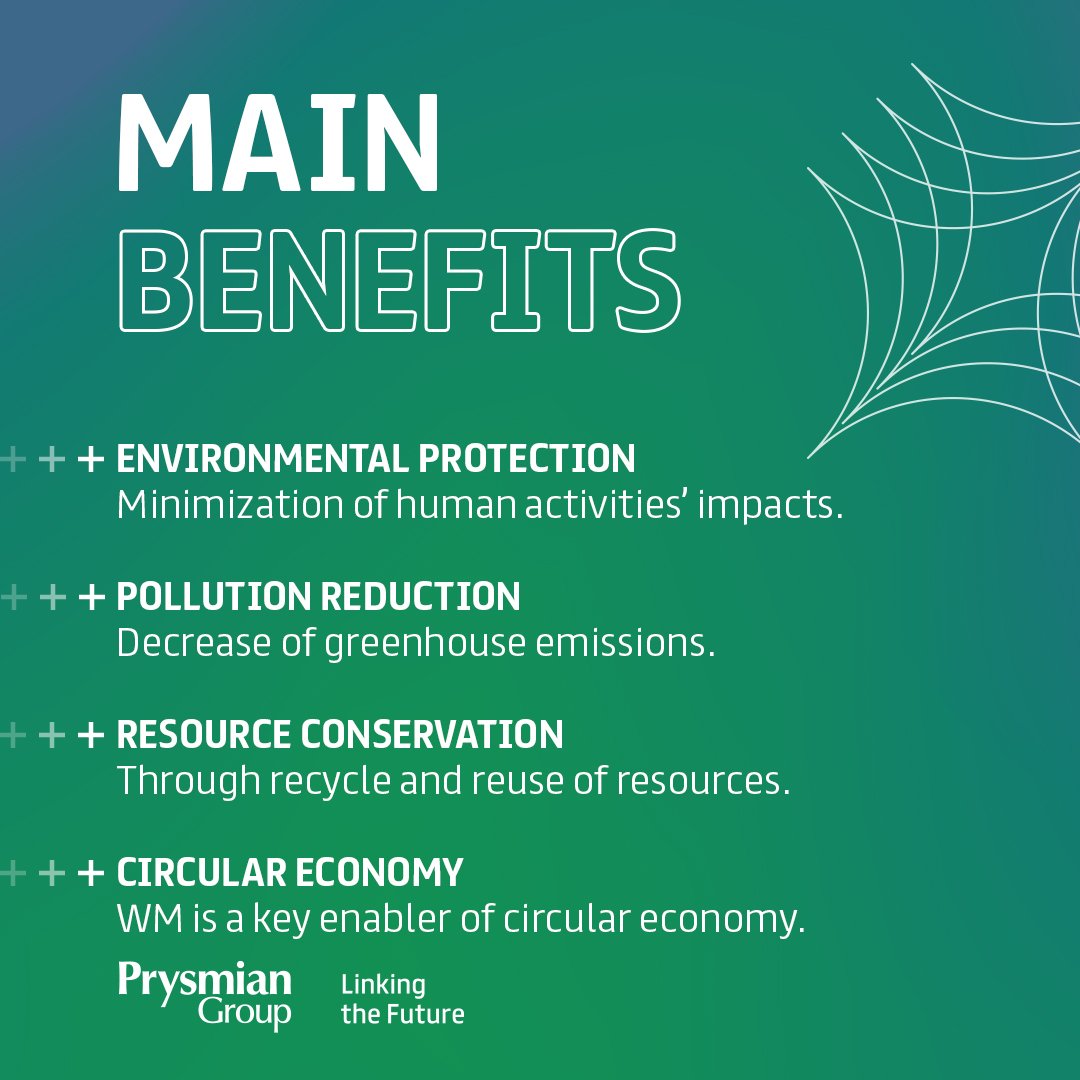The Single Strategy To Use For Reclaim Waste
Reclaim Waste Fundamentals Explained
Table of ContentsReclaim Waste - QuestionsSome Known Questions About Reclaim Waste.The smart Trick of Reclaim Waste That Nobody is DiscussingThe Best Strategy To Use For Reclaim WasteGetting My Reclaim Waste To WorkFascination About Reclaim Waste

Never ever put hazardous materials down sinks, toilets or stormwater drains pipes Materials including petroleum, grease, oil, chemicals and herbicides, and solvents such as paint strippers need to not be poured down sinks, commodes or stormwater drains. These substances are challenging to get rid of in the sewage treatment procedure and create contamination issues in our neighborhood waterways.

Although fluid waste is a term that covers a wide variety of materials, there's an excellent reason that leaving its disposal to the professionals is suggested. Liquid waste is non-solid product that has no more use and should be dealt with and thrown away according to neighborhood, state and government laws.
The Greatest Guide To Reclaim Waste
Instances of fluid waste can include wastewater, fats, oils or grease, used oil, fluids, solids, gases or sludges and harmful family liquids, there are some that are considered to be more unsafe than others when it comes to the setting and the health of pets and human beings alike. It's therefore that each state and area have strict policies connected to fluid waste management.
Fluid waste can be kept in holding tanks or packaged in drums, intermediate mass containers or approved tiny containers before either being treated or eliminated through outsourced vacuum cleaner vehicles. Given the nature of the products, liquid waste can not enter the general waste stream and there are rigorous guidelines on how to take care of it correctly.
(https://www.tripadvisor.in/Profile/reclaimwaste1)Relying on a resolution of the level of risk, it might be needed to remediate those sites. Additionally, dangerous fluid chemical wastes are controlled waste and must be tracked according to the state waste regulations. Under the chain of safekeeping and responsibilities, proprietors are responsible and accountable for waste produced by an organization.
One of the core applications for superabsorbent polymers (SAPs) is fluid waste solidification. industrial wastewater treatment. SAPs are used by waste management experts to avoid possibly hazardous liquids from entering rivers, groundwater aquifers, and other delicate environments. Due to the fact that liquids can quickly transfer contaminants right into environmental receptors and potentially add to geotechnical failures, liquid wastes are usually forbidden from disposal in land fills
Things about Reclaim Waste
Essentially, complimentary fluids are fluids that divide from the strong section of waste product. Fluid waste can consist of the following: HDD mud and cuttings important source Landfill leachate Wastewater treatment sludge & biosolids Dredged sediments Oil and gas drill cuttings Resolving pond muck Hydro Excavation slurry Coal combustion residuals/ash Storage tank base sludge Concrete grinding/polishing slurry Relevant Article: For a useful example of cost-free liquids separating from waste material, think about the following situation: A waste administration professional lots a dump truck with sludge from a wastewater treatment plant's aeration basin, during a routine maintenance event.
When the driver arrives at the landfill, he notices water leaching from the sludge and pouring from the dump truck. The tons was declined by the garbage dump and the motorist was required to take care of the waste as a liquid waste at an unique facility, which increased the disposal fees tremendously.
We additionally need to be liable for the appropriate disposal of our waste materials. It is not sufficient that we pay waste disposal companies to take treatment of our rubbish.
The Buzz on Reclaim Waste

Segregating your waste can start inside the home. Set apart completely dry and liquid waste as well as edible waste, naturally degradable and non-biodegradable products.
You can use old trash can, bucket, yard pot or old plastic drums. Pierce four to 5 openings in the container so the air can circulate. Layer all-time low with dirt to soak up the wet waste. Start the composting process. Layer the garden compost with damp and completely dry waste as well as soil to preserve an equilibrium in between the wet and the dry.
The Ultimate Guide To Reclaim Waste
Cover the compost container. As soon as a week, include soil on top of the compost. To promote faster disintegration, you can additionally include semi composted soil to the compost. Keep the garden compost. If you observe the odor is ending up being too strong, include added papers and paper waste or include more holes to the compost bin to maintain the equilibrium of the waste materials.
We likewise require to be accountable for the proper disposal of our waste products. It is not enough that we pay waste disposal companies to take care of our rubbish.
Our waste, our responsibility. Have you ever wondered what takes place to your liquid waste after it's accumulated? Did you understand that fluid waste can be recycled? As liable citizens, you must understand what takes place to your rubbish and where it goes after it is removed from you. Understanding the fluid waste elimination process is vital in assisting you to segregate your waste.
The 7-Minute Rule for Reclaim Waste
Segregating your waste can begin inside the home. Set apart completely dry and fluid waste as well as edible waste, biodegradable and non-biodegradable products.
You can use old trash container, pail, yard pot or old plastic drums. Pierce 4 to 5 holes in the container so the air can distribute. Layer all-time low with soil to absorb the wet waste. Start the composting process. Layer the garden compost with damp and completely dry waste along with dirt to keep an equilibrium in between the damp and the completely dry.
To assist in faster decomposition, you can also include semi composted soil to the compost. If you see the scent is ending up being as well strong, add extra papers and paper waste or add even more holes to the garden compost bin to maintain the balance of the waste materials.